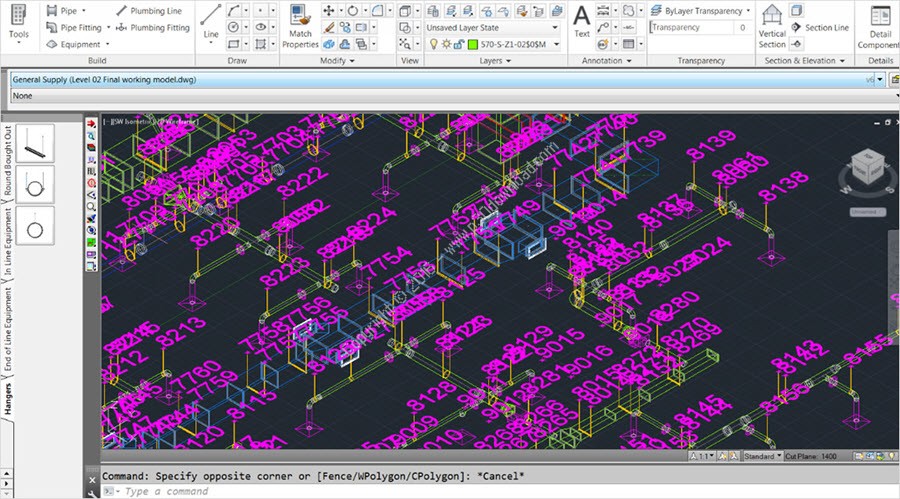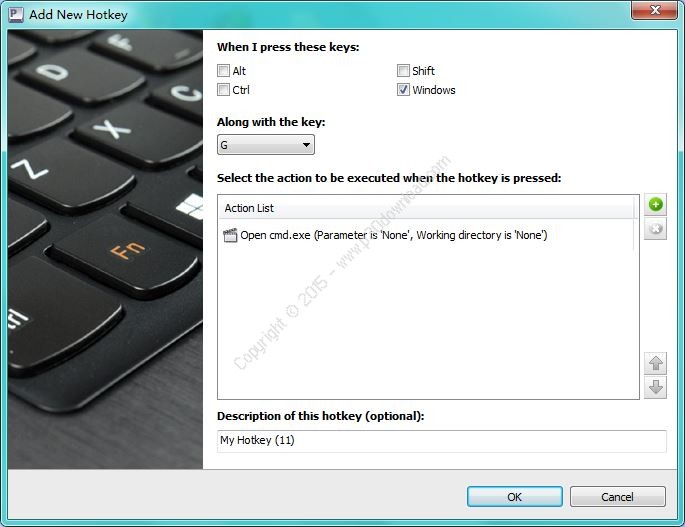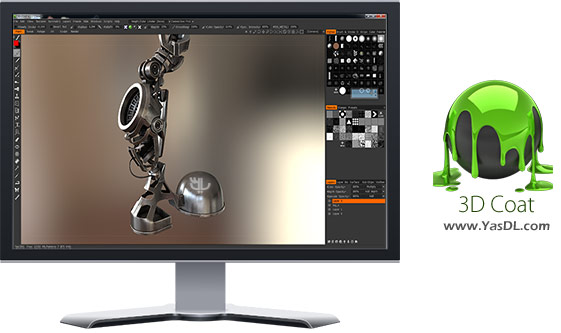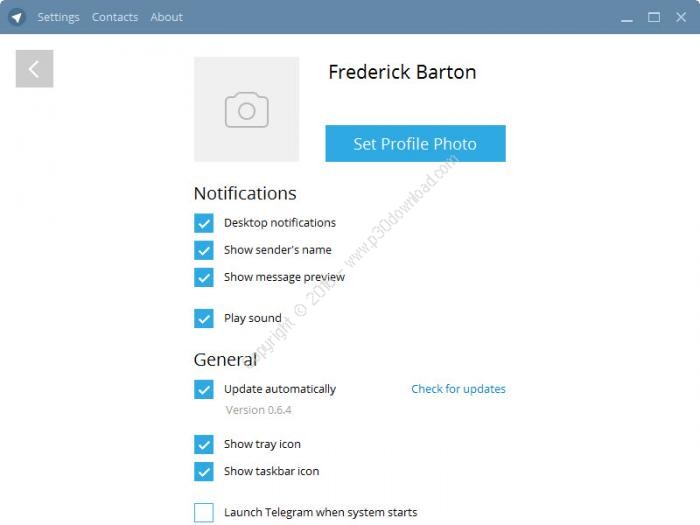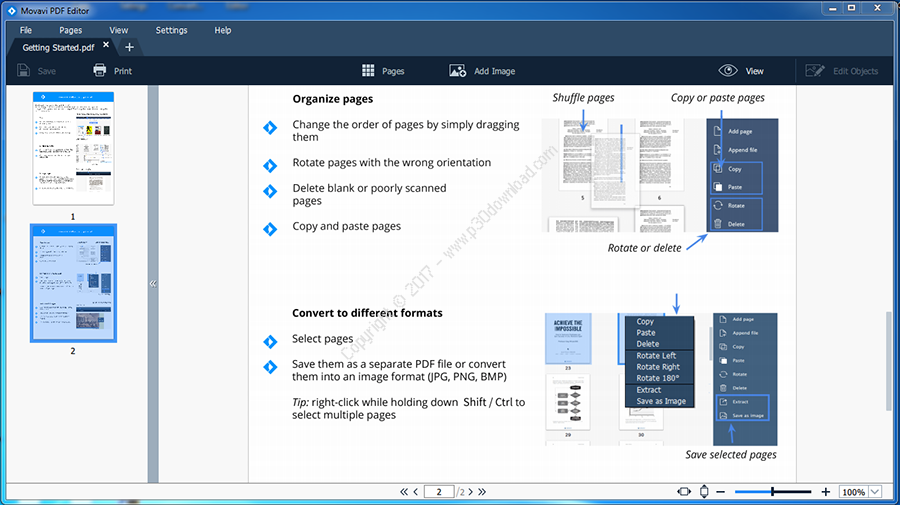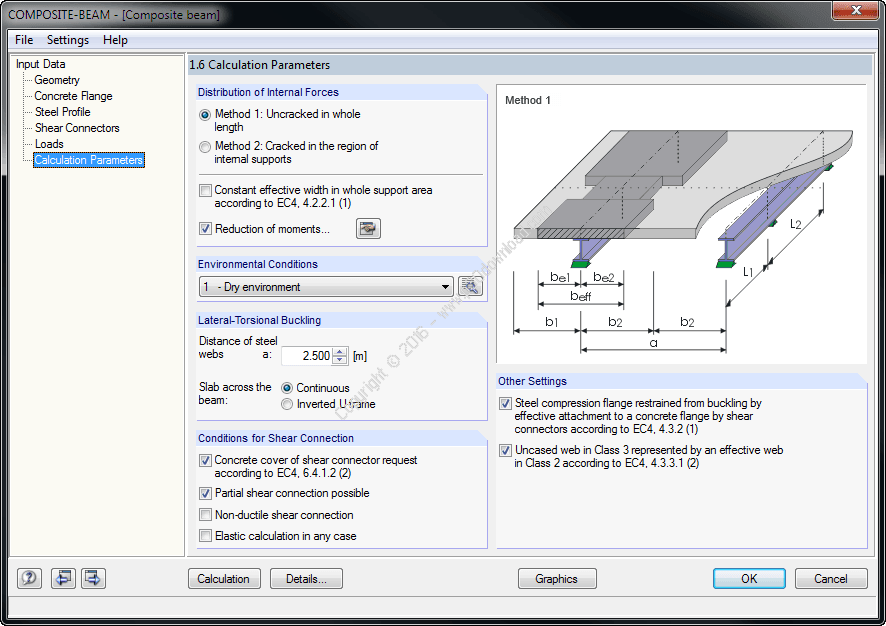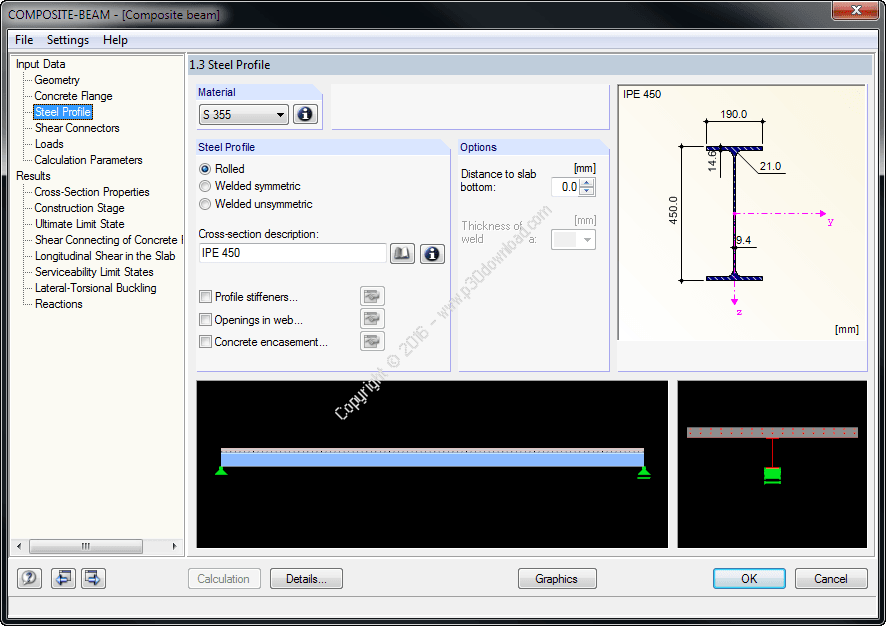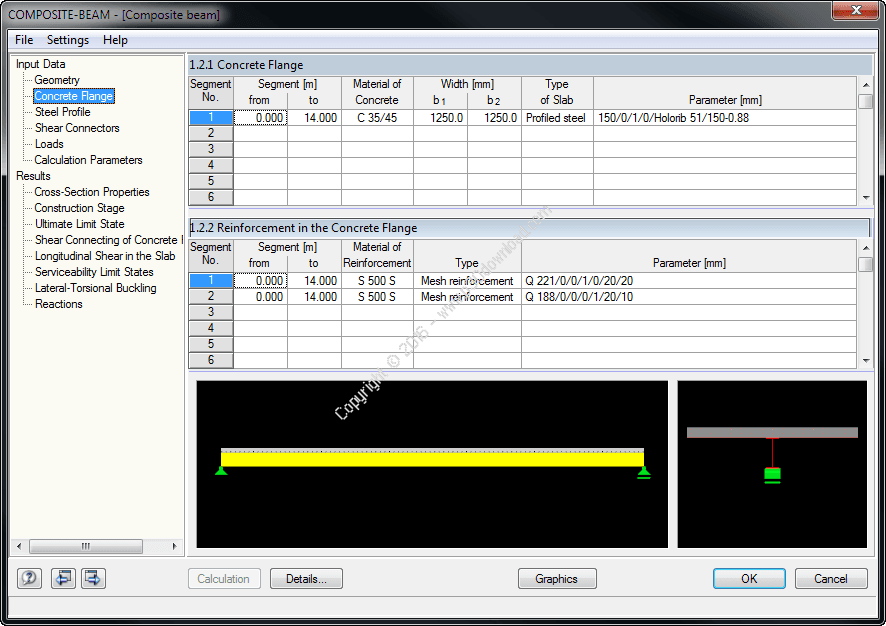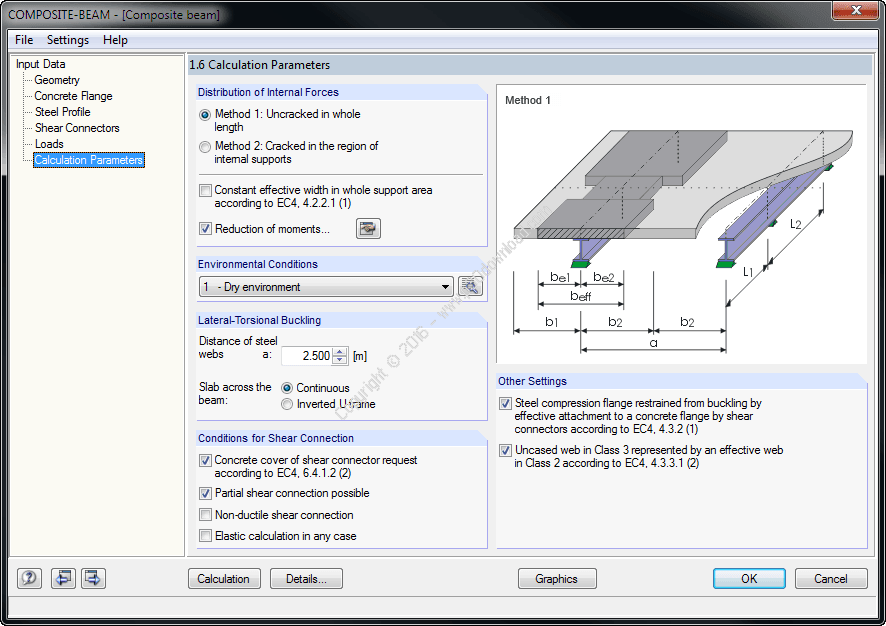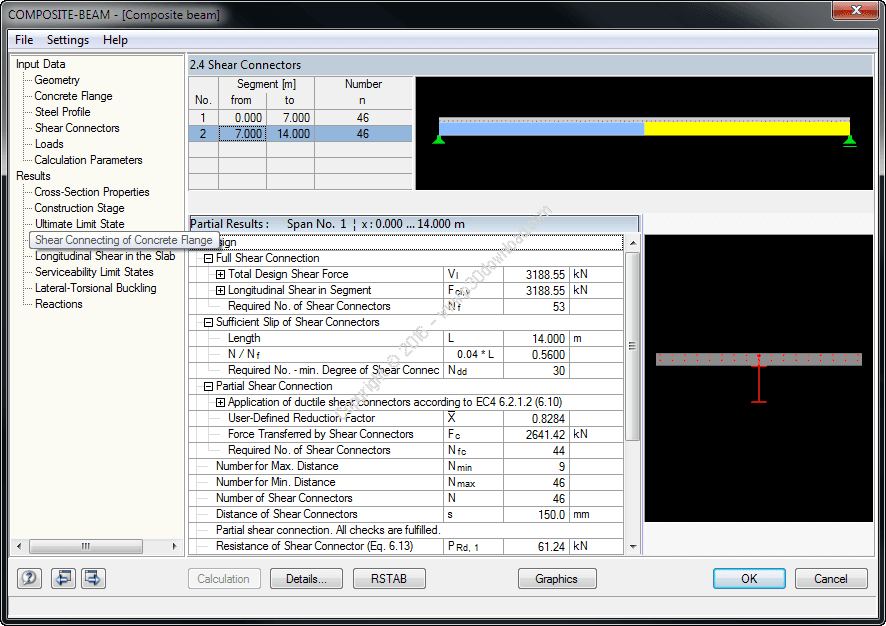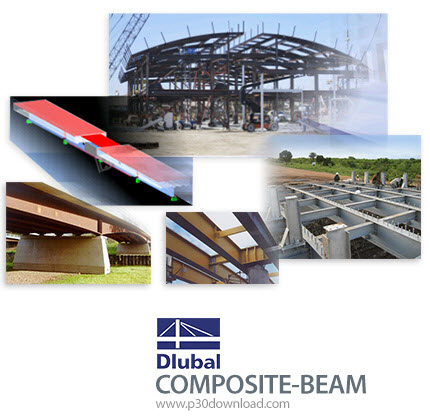Dlubal COMPOSITE-BEAM analyzes continuouscomposite girders according to Eurocode 4. The structure and loadinput in this module is done through clearly laid out masks likethose found in RSTAB. When the analysis is started, the staticmodel is generated in RSTAB with all boundary conditions and loads.Consequently, a safe calculation of the internal forces using theideal cross-section properties is guaranteed. COMPOSITE-BEAMautomatically analyzes the resulting internal forces and carriesout all relevant verification according to EC 4 and following thestandards in EC 2 and EC 3. The results are displayed in thespreadsheet masks. They are sorted by the required analysisstandards and thus enable an easy orientation. The user`s controlover the input as well as the interpretation of the results isfacilitated through 3D visualization. All graphics can be editedand transferred to the Printout Report.
Features:
– Single-span and continuous beams with definable boundaryconditions
– Automatic determination of effective cross-sections
– Free arrangement of construction supports for constructionstage
– Free definition of concentrated, linear and linearly variableloads as fixed and variable loads with specification of concreteage on loading
– Freely definable construction loads as well as movingconstruction loads
– Automatic load combination
– Calculation of cross-section properties according to Method 1 or2
– Calculation of elastic internal forces with RSTAB
– Redistribution of moments
– Design of bending and shear force resistance with interaction
– Determination of required shear connectors and theirdistribution
– Design of longitudinal shear force resistance
– Results of governing support reactions for construction andcomposite stage including loads of construction supports
– Lateral-torsional buckling analysis
– Analysis for limitation of crack widths
– Design of natural frequency
Input
When entering the structural model, you can define single-span andcontinuous beams with or without cantilevers. Furthermore, it ispossible to specify different span lengths with definable boundaryconditions (supports, releases) as well as any construction supportand moment release in the construction stage. For a completecross-section, you can create typical composite beam sections onthe basis of steel girders (I-sections) with solid concreteflanges, precast plates, trapezoidal sheets or tapered solidceilings.
It is also possible to grade cross-sections by means of beamlengths, optionally with concrete encasement. Illustrative figuresfacilitate the entry of additional transverse reinforcements fortrapezoidal sheeting, profile stiffeners and angled or circularopenings in the web. The self-weight is automatically applied whenentering loads. In addition, it is possible to consider fixed andvariable loads by specifying the concrete age at the beginning ofloading for creeping, and to define single, uniform and trapezoidalloads freely. COMPOSITE-BEAM automatically creates a loadcombination based on the data of individual load cases.
Design
Internal forces can be determined according to Method 1 (uncrackedin whole length) or Method 2 (cracked in the region of internalsupports).
In both cases, you can consider the constant effective width of theconcrete chord in whole support area according to ENV 1994-1-1, Cl.4.2.2.1 (1) as well as the reduction of moments. Internal forcesfor the design of shear connectors can only be determined by theelastic calculation of internal forces using the RSTAB analysiscore (no RSTAB license is required).
The calculation performs fully automatic determination of theeffective cross-section properties at the respective points oftime, considering creep and shrinkage. In the RSTAB user interface,the structural models are created as a member structure includingall boundary conditions and loading. In this way, a reliablecalculation of internal forces with the effective cross-sectionproperties is ensured.
Results
Results are displayed in result tables sorted by required designs.Clear arrangement of the results allow for an easy orientation andevaluation.
Ultimate Limit State Design:
– Bending and shear force resistance with interaction
– Partial shear connecting of ductile and non-ductile connectingelements
– Determination of required shear connectors and theirdistribution
– Design of longitudinal shear force resistance
– Design of connection with shear connectors and of connectorperimeter
– Results of governing support reactions for construction andcomposite stage including loads of construction supports
– Lateral-torsional buckling analysis (for continuous beams andcantilevered girders)
– Check of cross-section classes as well as of plastic and elasticcross-section properties
Serviceability Limit State Design:
– Deflection analysis
– Deformations and initial pre-cambering determined with idealcross-section properties from creep and shrinkage
– Analysis of natural frequencies
– Crack width analysis
– Determination of support forces
Installer Size: 646 MB
Download Links : Dlubal COMPOSITE-BEAM v8.13.01 x64 + Crack


